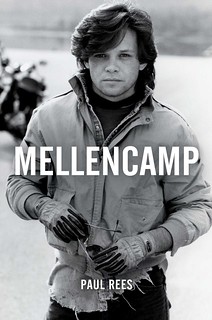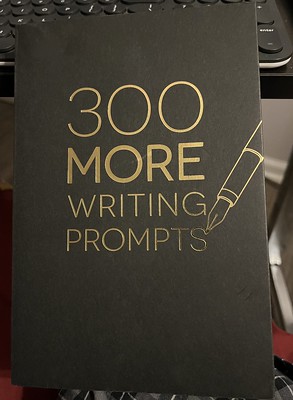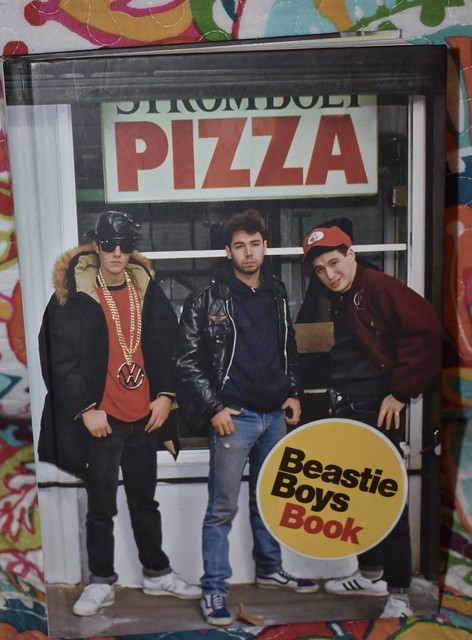The month hasn’t ended, but I need to get back to my own novels, so I probably won’t be reading anything else before August.

In July, I read Transient Desires, the 30th novel in Donna Leon’s Commissario Guido Brunetti mystery series that she began writing in 1992. I think there’s only one more unpublished that I haven’t read, but I hope there will be many more.

Princess Patti recommended this Deborah Harkness All Souls series to me. I downloaded the first book and couldn’t stop reading. There were several times when I thought the book was ending and it didn’t, and I was shocked when I finished it to realize it was 830 pages. Man, this makes me feel like my own series novels are novellas. I’ll definitely continue reading the series.

ETA: Okay, sooner than I expected, I had to read the second in this series. I have no self-discipline at all. Blame the witches. The vampires. The daemons. The chance to meet great historical and literary figures of the past through the eyes of time travelers from the 21st century. This world of fiction is no more unbelievable than the world we’re living in, and it’s not nearly as hard on my nervous system.
 Finished off the month with non-fiction. From the first time I heard his music and started reading about him (in his interviews, in others’ assessments of him), John Mellencamp’s contradictory nature intrigued me. Paul Rees’s biography gave me new information, particularly about the paintings he creates, but also about some of his collaborations through the years. He remains one of my favorite singer/songwriters. His songs are often misappropriated for uses far afield of what he intended, much like Bruce Springsteen’s, i.e., people take a catchy line or chorus and turn it into political jingoism that’s the exact opposite of a song’s meaning, playing songs at rallies and earning themselves big ol’ cease and desist orders.
Finished off the month with non-fiction. From the first time I heard his music and started reading about him (in his interviews, in others’ assessments of him), John Mellencamp’s contradictory nature intrigued me. Paul Rees’s biography gave me new information, particularly about the paintings he creates, but also about some of his collaborations through the years. He remains one of my favorite singer/songwriters. His songs are often misappropriated for uses far afield of what he intended, much like Bruce Springsteen’s, i.e., people take a catchy line or chorus and turn it into political jingoism that’s the exact opposite of a song’s meaning, playing songs at rallies and earning themselves big ol’ cease and desist orders.
Woody Guthrie once painted “This machine kills fascists” onto his guitar, and John Mellencamp carved “Fuck Fascism” into one of his. They meant it. Art has many functions, but among the best are its ability to challenge us.

I think I’ve shared this favorite C.F. Payne Rolling Stone illustration a couple of times on this blog, but since I can’t seem to pull it up, I’ll do it again. “Mr Guthrie’s Homeroom” has Woody Guthrie looking on while Minnesota student Bob Dylan writes. On his right, New Jersey student Bruce Springsteen is trying to see Bob’s paper, while Indiana student John Mellencamp peers over Bruce’s shoulder. This has hung in one room or another of my houses forever. I like to think that coming through the window on the breeze, teacher and students can hear the guitar and lyrics of Illinois’s son John Prine as he sings and plays for coins and occasional dollar bills tossed into his guitar case.
All that in mind, passages from this book from Woody Guthrie’s daughter, as well as accounts of how Dylan, Springsteen, Mellencamp, Johnny Cash, and Tom Petty, for example, regard(ed) one another, are riveting reading for me. I’d started composing this post before I finished the book, adding my own contribution with that reference to John Prine (above). It was a bittersweet surprise, then, near the end of the biography, which encompasses the pandemic, to read this:
On Tuesday, April 7 [2020], John Prine, another comrade troubadour, died at seventy-three in a hospital in Tennesee. John posted a tribute to Prine on his website the next morning.
“Losing John Prine is like losing Moses,” John wrote. “He stood on top of the hill and gave us words of wisdom and truth. John Prine and I wrote songs together and made a movie together. We laughed together, and he spent many a lost weekend at my house. John Prine’s name is written in the stars.”
In my view of the galaxy, all their names are written in the stars.








 Finished off the month with non-fiction. From the first time I heard his music and started reading about him (in his interviews, in others’ assessments of him), John Mellencamp’s contradictory nature intrigued me. Paul Rees’s biography gave me new information, particularly about the paintings he creates, but also about some of his collaborations through the years. He remains one of my favorite singer/songwriters. His songs are often misappropriated for uses far afield of what he intended, much like Bruce Springsteen’s, i.e., people take a catchy line or chorus and turn it into political jingoism that’s the exact opposite of a song’s meaning, playing songs at rallies and earning themselves big ol’ cease and desist orders.
Finished off the month with non-fiction. From the first time I heard his music and started reading about him (in his interviews, in others’ assessments of him), John Mellencamp’s contradictory nature intrigued me. Paul Rees’s biography gave me new information, particularly about the paintings he creates, but also about some of his collaborations through the years. He remains one of my favorite singer/songwriters. His songs are often misappropriated for uses far afield of what he intended, much like Bruce Springsteen’s, i.e., people take a catchy line or chorus and turn it into political jingoism that’s the exact opposite of a song’s meaning, playing songs at rallies and earning themselves big ol’ cease and desist orders.






 You don’t have to put it in the comments, though it would be fun if you did. But this writing prompt is for you. One thing that is written into the Neverending Saga has to do with elderly people and what they bring to the lives of the characters. I can’t imagine my own life without the seniors I’ve known and how they graced, entertained, enhanced, and touched my life. The best of them were also a little unpredictable and still very young inside.
You don’t have to put it in the comments, though it would be fun if you did. But this writing prompt is for you. One thing that is written into the Neverending Saga has to do with elderly people and what they bring to the lives of the characters. I can’t imagine my own life without the seniors I’ve known and how they graced, entertained, enhanced, and touched my life. The best of them were also a little unpredictable and still very young inside.


 It’s a profound relief not to be going through hundreds of posts a day, trying to clean them up. Instead, I’ve given time to leisure activities I enjoy. I started this book yesterday. Lady of Bones is the 24th in Carolyn Haines’s Sarah Booth Delaney series, and I finished it today. Set in and around New Orleans, it’s got a bit of everything, and it was nice to catch up with the Zinnia crew again.
It’s a profound relief not to be going through hundreds of posts a day, trying to clean them up. Instead, I’ve given time to leisure activities I enjoy. I started this book yesterday. Lady of Bones is the 24th in Carolyn Haines’s Sarah Booth Delaney series, and I finished it today. Set in and around New Orleans, it’s got a bit of everything, and it was nice to catch up with the Zinnia crew again.
